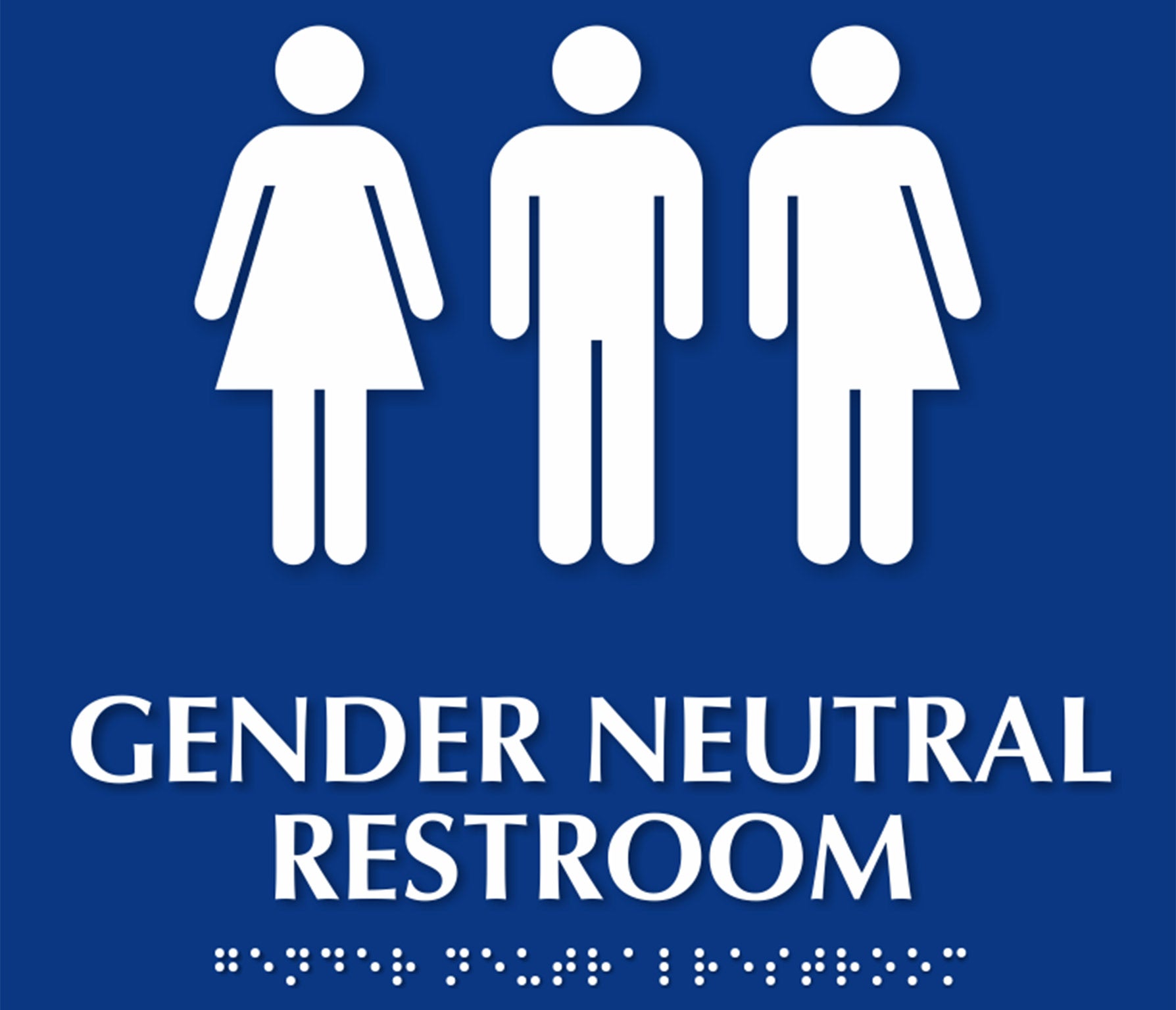West Hollywood's move to ban gender specific toilets welcomed by transgender community
The area was described as a 'jewel within the LGBT community' as the city council passed the measure

Your support helps us to tell the story
From reproductive rights to climate change to Big Tech, The Independent is on the ground when the story is developing. Whether it's investigating the financials of Elon Musk's pro-Trump PAC or producing our latest documentary, 'The A Word', which shines a light on the American women fighting for reproductive rights, we know how important it is to parse out the facts from the messaging.
At such a critical moment in US history, we need reporters on the ground. Your donation allows us to keep sending journalists to speak to both sides of the story.
The Independent is trusted by Americans across the entire political spectrum. And unlike many other quality news outlets, we choose not to lock Americans out of our reporting and analysis with paywalls. We believe quality journalism should be available to everyone, paid for by those who can afford it.
Your support makes all the difference.It’s goodbye to the stick-man – and to the stick-woman. A Los Angeles suburb has introduced a measure demanding that single-stall loos in businesses, restaurants and public places be designated gender-neutral.
The law, which takes effect in West Hollywood on Thursday, requires that loos must not be limited by signage, design or toilet fixtures to be used by people of a specific sex or gender. The new rules apply only to single-stall “restrooms”, not to those with multiple stalls and fixtures.
West Hollywood, known locally as “WeHo”, has a large gay and transgender population, and its council members voted in favour of the measure in June 2014. “Gender-specific restrooms can be unwelcoming and potentially unsafe for many people whose gender identity falls outside of traditional gender norms,” city leaders said in a statement, adding that the law would also benefit “people with disabilities or with personal attendants, people with children of a different gender, and... the many people who have waited in line for a gender-specific restroom when a restroom for a gender for which they don’t identify remained empty.”
New businesses must adhere to the new regulations immediately, while existing businesses, restaurants and public toilet facilities have 60 days to replace the traditional stick-figures with gender-neutral signage, and to ensure their restrooms are accessible to everyone.
Gender-specific loos have proven uncomfortable and even dangerous for transgender people in the past. According to the Los Angeles Times, at the West Hollywood council meeting where the new law was passed, Drian Juarez, a member of the city’s Transgender Advisory Board, referred to a 2010 attack on a transgender graduate student in a California State University loo in Long Beach. The student was shoved into a stall and had the word “it” carved onto his chest.
Juarez described West Hollywood as a “jewel within the LGBT community” as the city council passed the measure. Last year, the city council formally condemned Ugandan President Yoweri Museveni for signing his country’s controversial anti-homosexuality bill. And in 2013, WeHo bar owners publicly poured away bottles of Stolichnaya vodka to protest the introduction of anti-gay legislation in Russia.
Officials have said that they hope other cities will adopt comparable legislation regarding toilet facilities. Washington DC passed a similar law in 2006. Last year, a measure was passed in Philadelphia requiring new or refurbished city buildings to include gender-neutral loos, while the chairman of Multnomah County, Oregon – which includes much of the city of Portland – issued an executive order mandating gender-neutral toilet facilities in all county buildings. More than 150 US universities also have gender-neutral loos, according to figures from the Stonewall Centre at the University of Massachusetts, Amherst.
Another law was passed in San Francisco this week allowing petrol stations to offer unisex toilet facilities for customers. In 1986 the city adopted an ordinance requiring petrol stations to provide separate loos for men and women. The Board of Supervisors unanimously approved the amendment on Tuesday. The new regulations will allow petrol station owners to save money and free up space, while also offering gender-neutral facilities.
Join our commenting forum
Join thought-provoking conversations, follow other Independent readers and see their replies
Comments